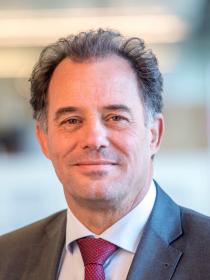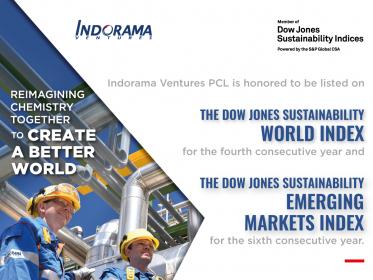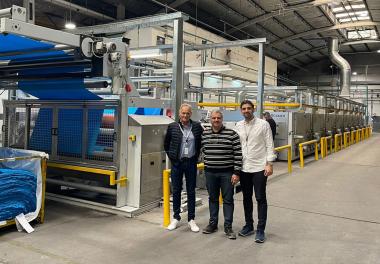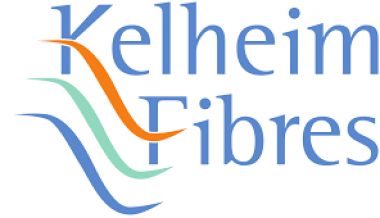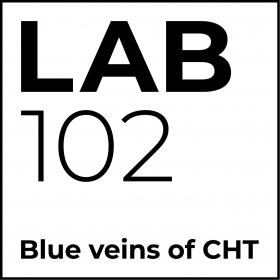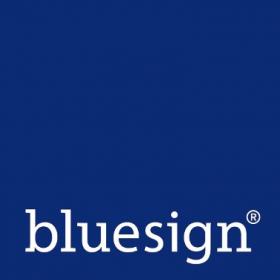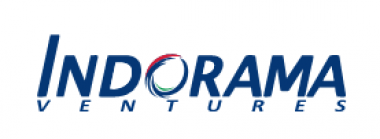Ben Noteboom to be nominated as AkzoNobel Supervisory Board member
AkzoNobel has announced that Ben Noteboom will be nominated as a member of the Supervisory Board at the Annual General Meeting being held in April 2023. The Supervisory Board intends to subsequently elect him as Chair, succeeding Nils Andersen, who will retire as Chair and member of the Supervisory Board at the same time.
Noteboom is Chairman of Vopak’s Supervisory Board and a member of the Supervisory Board of Aegon. He also chairs the Board of Trustees of the Cancer Center Amsterdam. His former roles include CEO and Chairman of the Board of Management at Randstad, while he held different management positions at Dow Chemicals for nearly nine years.
Commenting on the announcement, Byron Grote, says: “The Supervisory Board is very pleased to announce the nomination of Ben Noteboom. His strong track record in executive and non-executive roles, and his broad experience in different industries – including the chemical industry – will be valuable additions to AkzoNobel.”
Adds Ben Noteboom: “I’m excited about the opportunity to join AkzoNobel’s Supervisory Board and look forward to contributing to the next phase of the company’s transformation as it makes further progress to becoming a frontrunner in the industry.”
AkzoNobel


